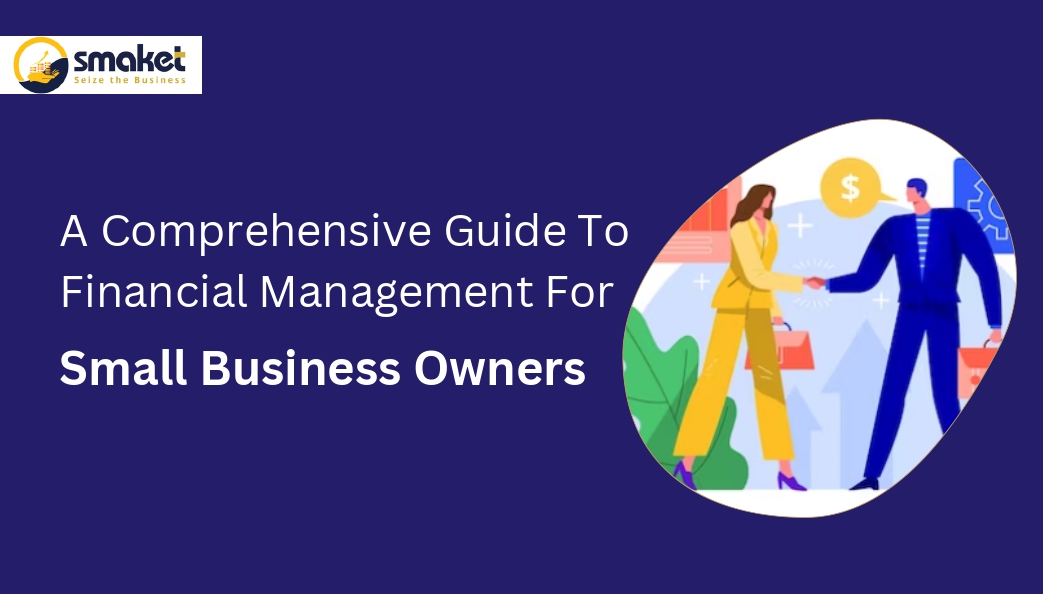While starting a small business can be a thrilling opportunity, it can also present numerous challenges that may feel daunting. There are many things to consider, and accounting is one of the most important. Good accounting practices can help you manage your finances and make informed decisions about your business. In this guide, we will provide you with an overview of accounting for small businesses, including tips and best practices.
What is accounting?
The purpose of accounting is to collect and analyze financial data and use it to make informed business decisions. It involves keeping track of all the money that comes in and goes out of your business, as well as any assets and liabilities that you have.
Why is accounting important for small businesses?
Small businesses require accounting to manage finances, comply with legal requirements, and make informed business decisions. Firstly, it helps you keep track of your finances, including cash flow, expenses, and revenue. This information is crucial in making decisions about your business and planning for the future.
Secondly, accounting helps you comply with tax laws and regulations. By keeping accurate records of your financial transactions, you can ensure that you pay the right amount of taxes and avoid penalties.
Finally, accounting helps you measure the performance of your business. By analyzing financial statements, you can identify areas where your business is doing well and areas where you need to improve.
Accounting for small businesses: Best practices
Use accounting software:
Using accounting software can save you time and money by automating many accounting tasks. QuickBooks, Xero, and FreshBooks are among the many accounting software options that small business owners can choose from to manage their finances effectively. Look for software that is easy to use, has good customer support, and integrates with other tools you use, such as your bank account or payment processor.
Keep accurate records:
Accurate record-keeping is essential for good accounting practices. It’s important to maintain a record of all financial transactions, such as invoices, receipts, and bank statements, to ensure accurate bookkeeping and financial reporting. Organize your records in a way that makes it easy to access and review them.
Separate business and personal finances:
Separating your personal finances from your business finances is crucial to maintaining accurate and organized accounting records for your small business. Open a separate bank account for your business and use it for all your business transactions. This will make it easier to track your business finances and comply with tax laws.
Monitor cash flow:
Cash flow is the lifeblood of any business, and monitoring it is critical. Keep track of your cash flow by creating a cash flow statement, which shows the inflows and outflows of cash in your business. This will help you identify any cash flow issues and plan for the future.
Understand financial statements:
Financial statements provide valuable insights into your business’s financial health. The income statement, balance sheet, and cash flow statement are the three primary financial statements that provide insights into a business’s financial performance. It’s important to understand what each statement shows and how to analyze them.
Hire a professional:
If you don’t have experience in accounting, it’s a good idea to hire a professional. A bookkeeper or accountant can help you set up your accounting system, keep accurate records, and file taxes correctly. Look for a professional with experience working with small businesses and who understands your industry.
Conclusion:
Accounting is essential for small businesses, and good accounting practices can help you manage your finances and make informed decisions. By using accounting software, keeping accurate records, separating business and personal finances, monitoring cash flow, understanding financial statements, and hiring a professional, you can set your business up for success. Remember, good accounting practices are not only important for compliance and taxes, but they also provide valuable insights into your business’s financial health.
FAQ:
1. What is accounting, and why is it essential for small businesses?
Accounting involves the systematic and organized process of identifying, measuring, and communicating financial information for decision-making purposes. It’s essential for small businesses to have good accounting practices to manage finances, comply with tax laws and regulations, and measure business performance.
2. What are some best practices for accounting for small businesses?
Best practices for accounting for small businesses include using accounting software, keeping accurate records, separating business and personal finances, monitoring cash flow, understanding financial statements, and hiring a professional.
3. What accounting software should I use for my small business?
There are many accounting software options available, including QuickBooks, Xero, and FreshBooks. Look for software that is easy to use, has good customer support, and integrates with other tools you use, such as your bank account or payment processor.
4. Why is it essential to keep accurate records for accounting?
Accurate record-keeping is crucial for good accounting practices. It helps you keep track of your financial transactions, comply with tax laws and regulations, and measure the performance of your business.
5. How can I monitor cash flow for my small business?
You can monitor cash flow by creating a cash flow statement, which shows the inflows and outflows of cash in your business. This will help you identify any cash flow issues and plan for the future.
6. What are the main financial statements, and why are they important for accounting?
The income statement, balance sheet, and cash flow statement are the three primary financial statements that provide crucial information about a business’s financial performance. They are important for accounting because they provide valuable insights into your business’s financial health, including revenue, expenses, assets, and liabilities.
7. Should I hire a professional for accounting, or can I do it myself?
If you don’t have experience in accounting, it’s a good idea to hire a professional. A bookkeeper or accountant can help you set up your accounting system, keep accurate records, and file taxes correctly. Look for a professional with experience working with small businesses and who understands your industry.

